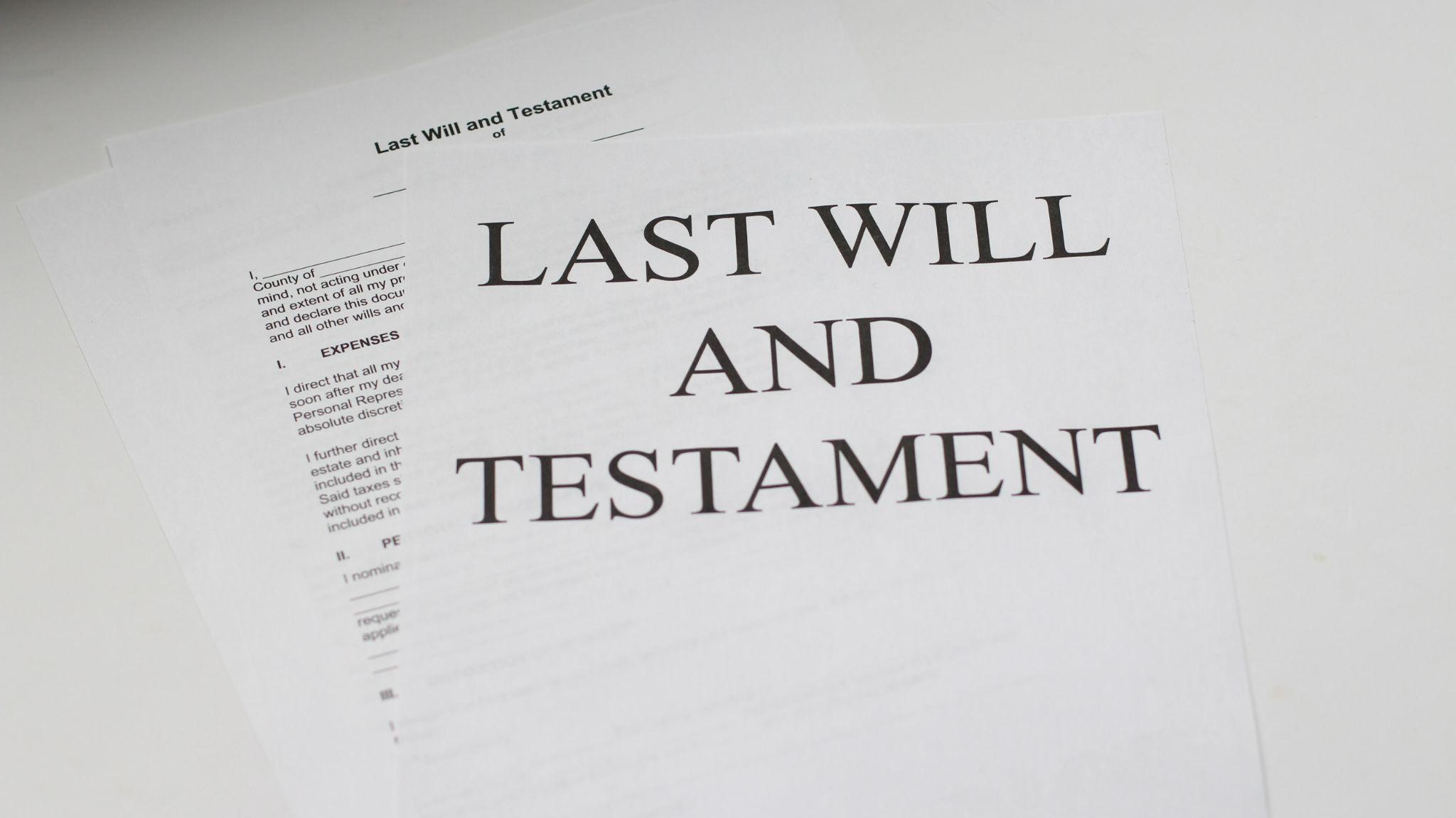There is a misconception in the UK that if you have a will, you don’t need to worry about estate planning. In reality, that is not strictly true. Yes, a will does protect your assets, your beneficiaries and goes some way to meeting your wishes when you die. However, an estate plan takes it one step further in that it includes any Lasting Power of Attorney (LPA), your funeral plans, any trusts that have been established and provides clarity on how you want your estate managed.
Most people have an estate of some sort; it might be small, or it might be large and complex. By ensuring you have an estate plan, you will know that your wishes are adhered to, the people you want to benefit from your estate actually do inherit, and you will have peace of mind about what happens to your estate should you become incapacitated during your lifetime.
What constitutes an estate?
First, let’s clarify what an estate constitutes. Your estate is every item you own, from cash in the bank, investments and insurance policies through to your property, jewellery, cars, furniture and ornaments, even down to your golf clubs. Your estate may also include any pensions or life assurance policies, depending on how they are structured.
This is why it is considered that everyone has an estate, even if it is only the clothes you are wearing. If you own it, it is part of your estate, and this is why it’s important to make an estate plan.
What is estate planning?
Estate planning is your detailed, clear plan on exactly how you would like your estate handled and distributed when you die. But it is more than that; it also sets out your wishes in terms of your funeral arrangements, as well as how your life should be managed if you are incapacitated during your lifetime, whether that’s temporary or not, using a Power of Attorney within your estate plan.
It’s important to understand that whilst a will is a good step toward estate planning, having just a will does not cover a multitude of other aspects of your estate and your life. The problem is that a will is only suitable after your death, whereas estate planning ensures your wishes are upheld during your lifetime, too.
You may wish to exclude someone or some people from your will, but an estate plan will make sure that your wishes are followed explicitly, and there is less of a chance of your will being challenged. Planning your estate will also mean that should you need long-term care during your lifetime, your wishes about who provides your care and for how long, as well as your financial affairs, are carried out according to your instructions. Aspects that are covered by estate planning include:
- Lasting Power of Attorney – when you appoint specific people you trust through a lasting Power of Attorney – there are several types – or by drawing up a living will not only will they make sure your wishes are followed (even if it is a temporary hospital stay) and can make decisions for your ongoing health and welfare.
- Children/family welfare – as part of your estate plan, you can make sure that your children, if under the age of 18 years, are looked after by your named guardian and that provisions have been made for their care and financial matters. You will also be able to ensure that any members of your family that require long-term special needs care are looked after in the way you would expect.
- Managing a business – if you run your own business, you are able to stipulate a planned exit from the business for you and your family, if necessary.
- Tax implications – an estate plan will also help you to ensure that your family and/or beneficiaries do not have to pay any more inheritance tax than they need to. In some cases, you may also be able to ensure that other related costs are kept to a minimum.
What do I need to include in my estate plan?
To start your estate plan, you will need to consider and include the following:
- Your will should specify who you want to inherit from your estate upon your death, as well as list your executors. It should also detail any gifts to charities and who are to receive any specific family heirlooms, photos or savings. For example, if you own any jewellery or artwork, you will need to name the people you would like to receive them.
- Consider setting up a lasting Power of Attorney (LPA) so that the person named on the LPA is able to make health, welfare, care and financial decisions on your behalf if you are incapacitated.
- List any insurance, pensions or life assurance policies that will be paying out after you die or if you are long-term incapacitated with an illness.
- List any trusts that have been established. For example, if you have set up a trust to ensure a regular income for your children until they reach a certain age.
- Your funeral plan, i.e. whether you wish to be buried or cremated, and how this will be paid for, such as from your estate or if you have set a funeral plan insurance policy.
- List any cash gifts you have made over the last seven years – these gifts will be taken into account when it comes to calculating inheritance tax as your executors will be able to apply the ‘7 year rule’, which means there will be no tax on gifts made if you live for seven years after making the gift. If you die before the seven years, the tax will be applied on a pro-rata basis.
Lastly, but by no means least, it’s important you talk to your family and ensure they know that you have not only a will but also an estate plan in place which includes an LPA and your wishes. Not only will it give you peace of mind, it will also help your family.
If you’re not sure where to start with planning your estate, seek professional help from us at Norfolk Will Writing. We have been helping our clients write their wills and estate planning for over 20 years. We offer a personalised service, keeping the process as simple and easy as possible. Our experienced consultants are on hand to guide you at every step. Contact us for your free consultation and to book an appointment with one of our consultants to discuss writing your will today or carrying out your executor duties.




